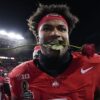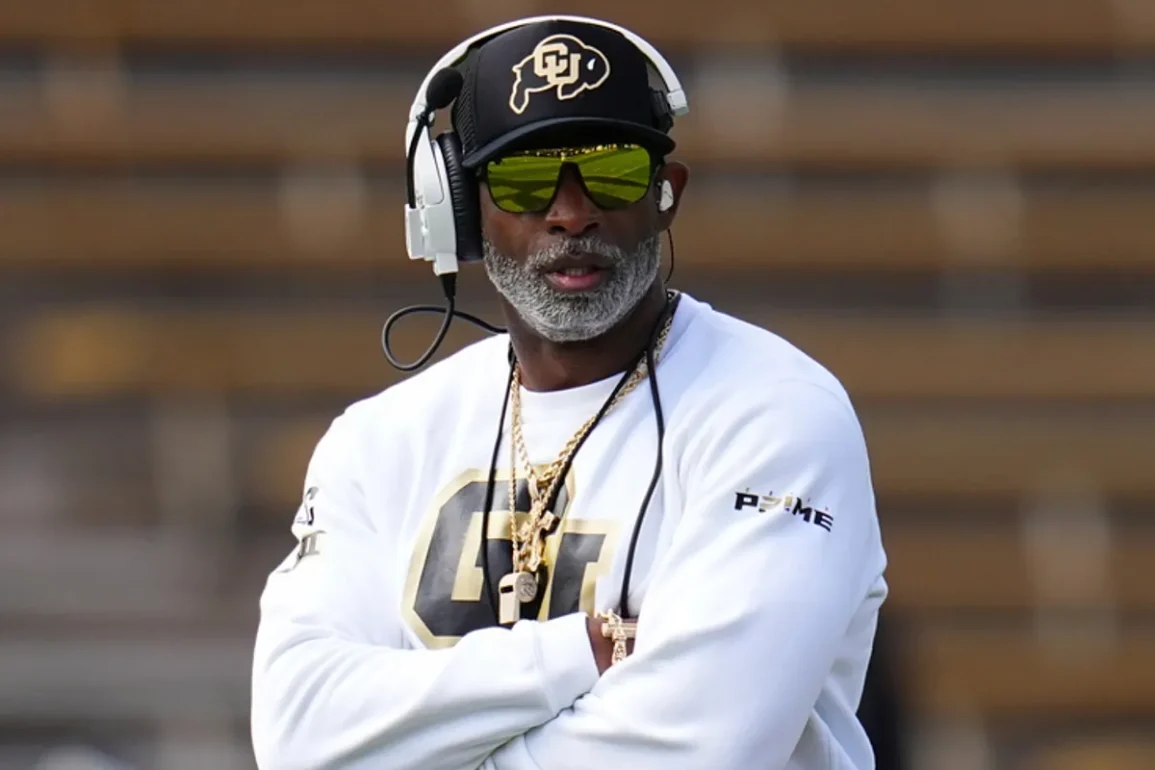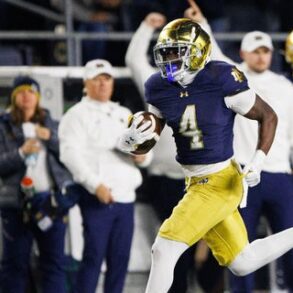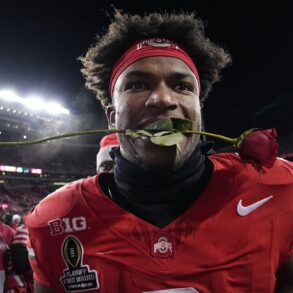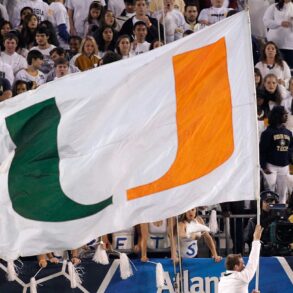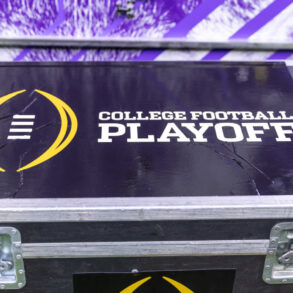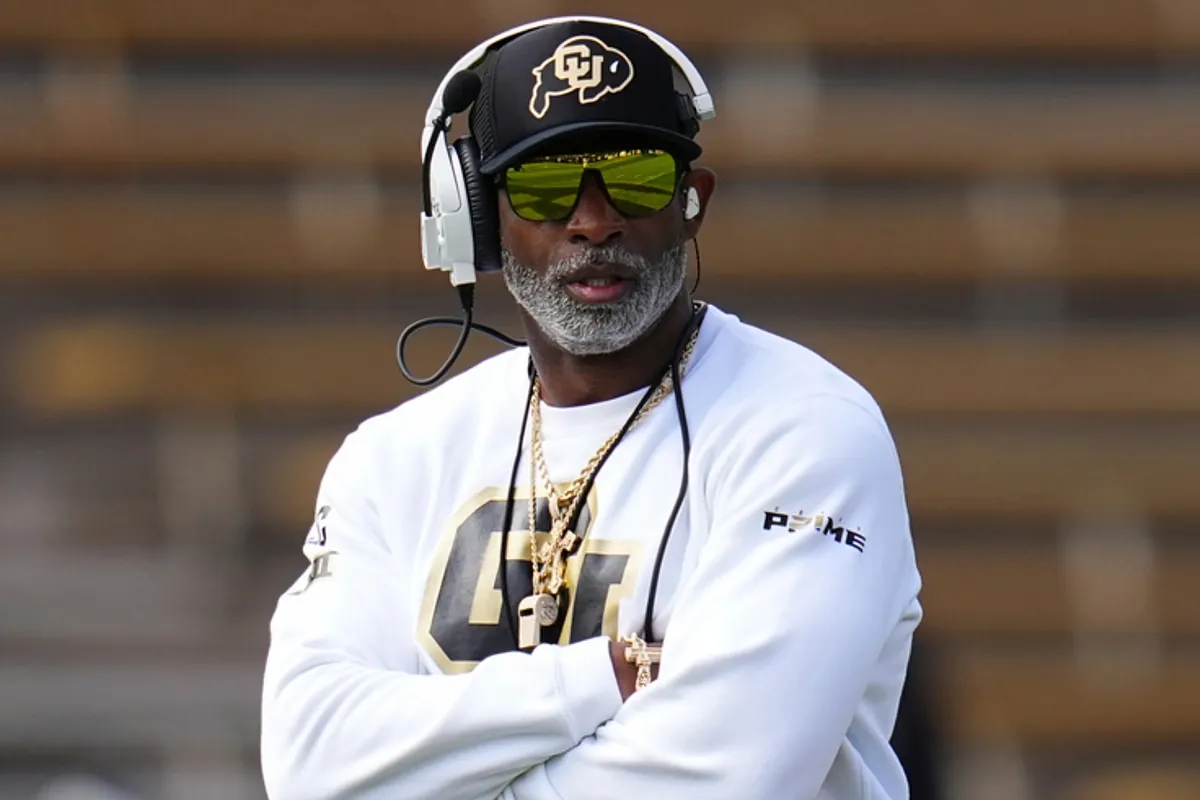
The college football landscape has been reshaped in recent years by the introduction of Name, Image, and Likeness (NIL) rights, granting players long-overdue opportunities to profit from their personal brands.
While hailed as a progressive step toward fairness, this shift has also introduced new complications, raising questions about competitive balance and the future of the sport.
Shedeur Sanders gets mocked by Browns rookies during team photo in new video
Coach Prime wants NIL reform
One of the loudest voices expressing concern is Colorado head coach Deion Sanders.
Patrick Mahomes: The Face of Kansas City and the NFL.mp4
A longtime advocate for player empowerment, Sanders is also sounding the alarm on how NIL is being used, and misused.
At a recent event in Las Vegas, Sanders revealed how the growing uncertainty around NIL pushed him to act swiftly with his own coaching contract.
“I tried to hurry up and sign the deal,”Sanders said via Well Off Media.
“First off, I wanted to get my coaches straight and NIL stuff straight because that stuff is crazy right now. Now it’s pay-per-view with these kids.”
Sanders emphasized that he wanted to avoid any appearance of favoritism or conflict as players navigate this new system.
“Because I didn’t want it to affect my other kids… like those pros thinking I want their jobs and would treat my kids unfairly. So I didn’t want that to happen. That’s kind of why I signed expeditiously,” he explained.
This isn’t Sanders’ first time raising concerns about NIL’s direction.
In a prior interview with USA Today, he advocated for an NFL-style salary cap to bring consistency and fairness to the sport.
“There should be some kind of cap. Our game should emulate the NFL game in every aspect,” Sanders said.
“Rules. Regulations… every team gets this, and you should be able to spend that.”
Sanders also pointed to the growing gap between programs, saying, “The competitive advantage is the school that has hundreds of millions of dollars, and not us… You look at who’s always in the playoffs, you can look at their budget and look at this budget. That’s the advantage.”
Beginning soon, schools will be allowed to share up to $20.5 million annually with athletes, introducing some oversight but still far from the NFL’s structured system.
With elite high school athletes now entering NIL agreements and schools competing in an unregulated pay-for-play environment, the integrity of college football is, in Sanders’ view, under pressure.
This post was originally published on this site be sure to check out more of their content.



